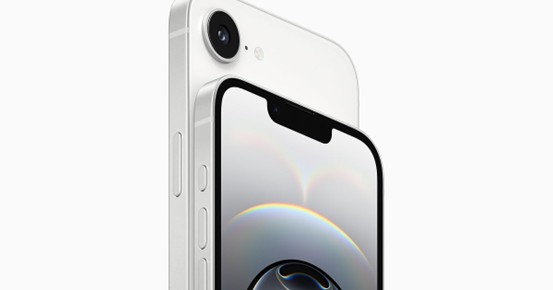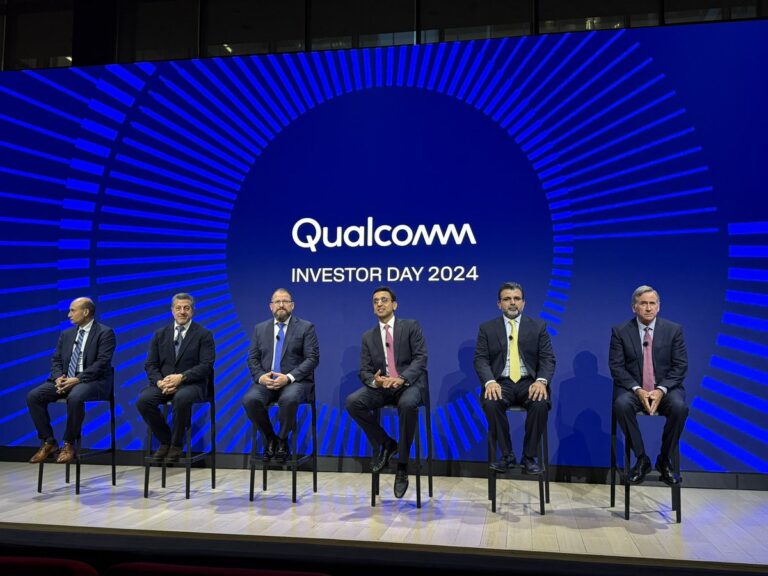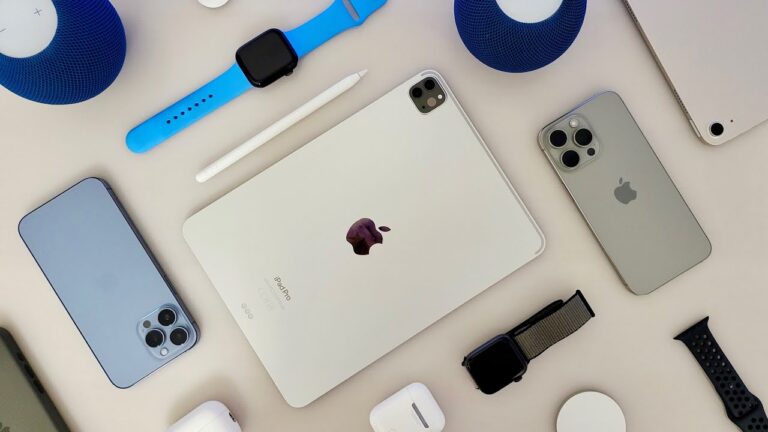- The crazy dash to own patents to protect ones business has meant that the prices paid for patents these days have reached crazy levels.
- One only has to look at Google’s $12.5bn acquisition of Motorola Mobility and the Rockstar consortium’s $4.5bn purchase of the Nortel assets from bankruptcy for evidence of this.
- This has led to a rise in companies clubbing together to purchase patent portfolios as they become available.
- The latest is the rumoured collaboration between Google and Apple to bid around $500m for the Kodak patent portfolio.
- While this is great for keeping costs down and reducing the number of competitive bidders, it is fraught with problems.
- The first question to answer is how the patents will be split up between the different consortium members.
- Originally it was thought that the patents could stay in a pool and be drawn upon by the consortium members for protection when under assault by a third party.
- But as Google found to its cost, one cannot assert a patent that has been borrowed. One has to own it outright.
- This makes the whole “borrowing” idea moot.
- So either the consortium members split up the patents between themselves or the patents remain in the consortium which then attempts to earn a return on them.
- The problem with splitting up the patents is that everyone will want the same ones making the whole process tortuous and painful unless agreed in advance.
- Earning a good return will also be tricky especially when taking into account the astronomical prices paid.
- In the case of Nortel, Apple took around 1,024 of the patents for itself leaving the rest within Rockstar to be managed for a return on investment.
- Using the appallingly bad $ per patent measure one could conclude that Apple paid around $800m to own those patents leaving Rockstar with Rockstar with 4,000 patents in which its owners invested $3.7bn.
- Rockstar needs now to earn a decent return on $3.7bn using 4,000 patents which looks like a tall order to me.
- Many of these patents are already licensed and I doubt that they are generating significant revenues as this would have helped keep Nortel from bankruptcy.
- Hence I struggle to see that Rockstar is going to generate especially good returns for its holders.
- Likewise the rumoured consortium of Apple and Google bidding for the Kodak patents.
- These two are arch-enemies who are indirectly fighting tooth and nail for the hearts and minds of mobile phone users.
- How the patents will be divided up or a decent return made on them is very unclear and looks to me likely to end in tears.
- Hence, the only advantage of these consortia is that it takes out of circulation a block of patents that could be acquired by a loose cannon and then used to hold everybody hostage. (as was the case with OMA DRM).
- At the end of the day these look like very expensive insurance policies that time is likely to show were hugely overpriced.









Blog Comments
@samanjj
December 11, 2012 at 4:51 am
Great logical break down of the current situation. Love your work.
windsorr
December 12, 2012 at 12:40 pm
thanks man,.,, 🙂
Rockstar – Falling star | Radio Free Mobile
January 22, 2014 at 10:11 am
[…] Taking out the patents that Apple took for itself, I have estimated that Rockstar has around 4,000 patents with a combined purchase price of $3.7bn. (see here) […]